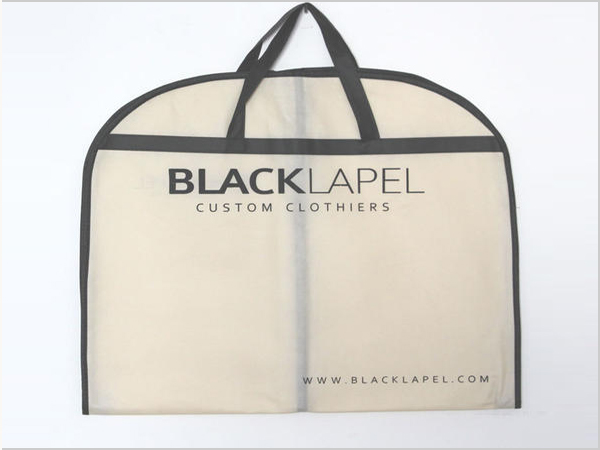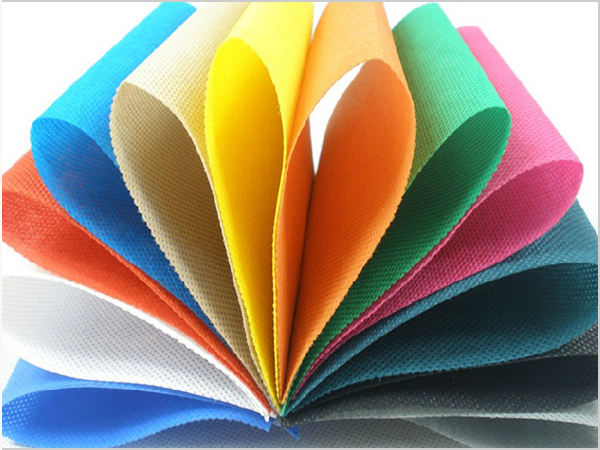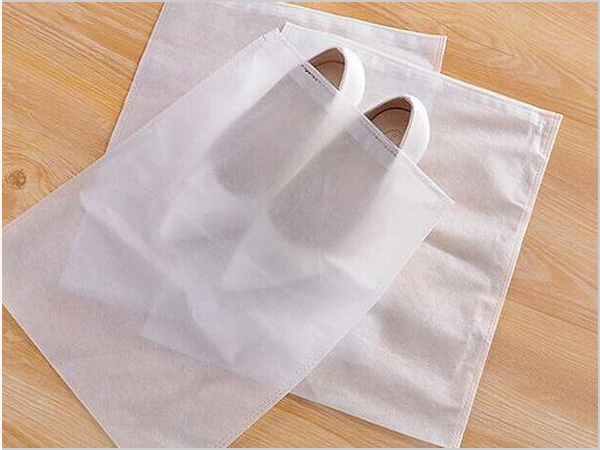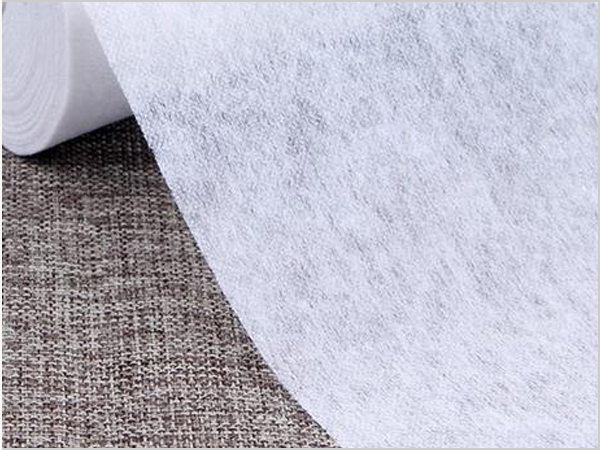- Why can spunbond nonwoven fabric dominate the market?
- Foreign trade exports are moving forward under pressure, with both resilience and challenges coexisting
- Explore the environmental protection characteristics and application fields of PP non-woven fabric
- The rise of the Latin American market is expected to become a new growth pole for China's textile foreign trade
- The production process of spunbond nonwoven fabric determines its unique characteristics!

- Telephone: 0551- 66779966
- Cellphone: 18955130444
- Email: 58792982@qq.com
- Address: Building 1-2, East of Wubu Village Section, Hehuai Road, Wushan Town, Changfeng County, Hefei City, Anhui Province
Recently, a batch of self-produced fabrics worth 200,000 yuan was declared for export at Jimo Customs affiliated to Qingdao Customs. After customs clearance and supervision procedures were completed, it was about to depart from Qingdao Port to Vietnam. The fabrics were produced by Qingdao Guihua Knitting Co., Ltd. and exported to the company's overseas processing plant in Vietnam. "The company's overseas factories can finally use the fabrics produced by the domestic parent company." Li Yuqin, director of the sales department of Qingdao Guihua Knitting Co., Ltd., said happily.
Qingdao Guihua Knitting Co., Ltd. is a comprehensive knitting company. In order to reduce production costs and enjoy the preferential tariffs given by Japan to ASEAN member states, the company has invested in the construction of knitted garment processing plants in Vietnam and other Southeast Asian countries. The products are mainly sold to RCEP such as Japan. Member market. Although the domestic parent company is mainly engaged in the production of knitted fabrics, in order to enjoy the preferential tariffs granted by Japan to Vietnamese-origin knitted garments, the company can only purchase production fabrics from Vietnam, which affects the smooth supply chain of domestic companies and overseas factories.
"According to the free trade agreement signed between Japan and ASEAN, the value content of knitted garments in Vietnam must reach 70% in order to meet the rules of origin under the agreement and enjoy zero tariffs in Japan." Li Yuqin said that because the processing of knitted garments is relatively simple, the use of The domestic parent company's fabric cannot meet the 70% value-added requirement in Vietnam, so even if the quality and price of the fabric produced by the domestic parent company are superior to Vietnamese fabrics, the enterprise cannot use it.
Yao Yong, the first-level senior director of the Qingdao Customs Tariff Department, said that after the RCEP came into effect, my country, Japan, South Korea, ASEAN and other countries and regions became the same parties to the agreement, and the multiple bilateral free trade agreements signed between the members have been integrated, which not only reduces the cost of enterprises It can enjoy the threshold of the free trade agreement, and can open up the internal and external circulation of domestic multinational enterprises, and stabilize and unblock domestic and foreign industrial chains and value chains.
"The Chinese-originated fabrics used in Vietnam's processing plants can be regarded as components of the contracting parties. The knitted garments processed by our domestically-produced fabrics meet the requirements of the RCEP agreement on the rules of origin, and can continue to enjoy the RCEP certificate of origin issued by Vietnam in Japan. Zero tariff treatment." Li Yuqin said that this will not only improve the company's overall profit, but also stabilize the industrial chain of textiles, printing and dyeing, and extend the industrial value chain.
According to estimates, thanks to the tariff reduction policy brought by RCEP, Qingdao Guihua Knitting Co., Ltd. can increase the production capacity of fabrics exported to ASEAN by 21.66 million yuan each year due to the adjustment of the industrial chain and supply chain, and promote the development of other upstream and downstream industries. .
Qingdao Canaan Meidi Household Products Co., Ltd., also located in Qingdao, is also under the guidance of the customs and plans to provide domestic knitted fabrics for its Vietnamese processing plants according to the "Enjoyment Plan", to seize the policy dividends brought by the RCEP Origin Accumulation Rules.
"After our company completes the adjustment of the supply chain of overseas processing plants, it is expected to increase the export of home textile fabrics to Vietnam by more than 100 million yuan each year." Song Jian, Vietnam manager of the company's production management department, said.
"This year, Shandong Province listed light industrial textiles in the 'top ten' industries, and carried out the optimization and upgrading of the industrial chain and supply chain. As an important textile and garment industry base in the country, Qingdao will also usher in new development opportunities." Yao Yong said , By sharing information on foreign investment projects with the commerce department, the customs initially screened out about 10 Qingdao textile and garment enterprises with investment projects in ASEAN as the focus, and gave precise policy guidance to the enterprises to help them lengthen the industrial chain, optimize the supply chain, and extend the value-added. chain. It is estimated that after these enterprises make good use of the RCEP rules of origin, they can increase the export business of knitted fabrics by nearly 200 million yuan every year. In the next step, Qingdao Customs will continue to increase the promotion of the RCEP policy, and promote cross-border operating enterprises to make good use of the preferential policies.
- Why can spunbond nonwoven fabric dominate the market?
- Foreign trade exports are moving forward under pressure, with both resilience and challeng
- Explore the environmental protection characteristics and application fields of PP non-wove
- The rise of the Latin American market is expected to become a new growth pole for China's
- The production process of spunbond nonwoven fabric determines its unique characteristics!
- The global trade landscape is undergoing significant changes in 2025
- The 11th China International Silk Conference was held in Shengze
- What are the core advantages of spunbond nonwoven fabric?
- What are the magical aspects of the manufacturing process of spunbond nonwoven fabric?
- The textile industry is enjoying dual policy benefits



